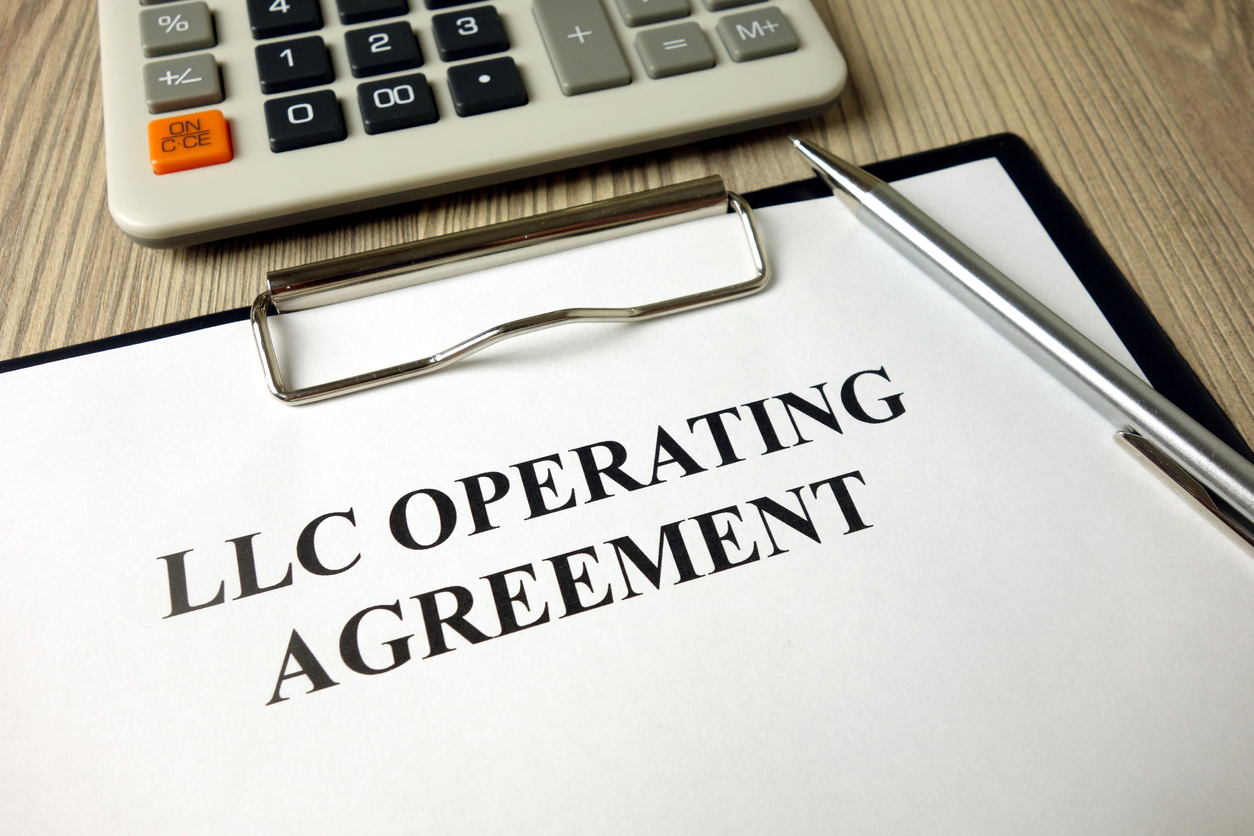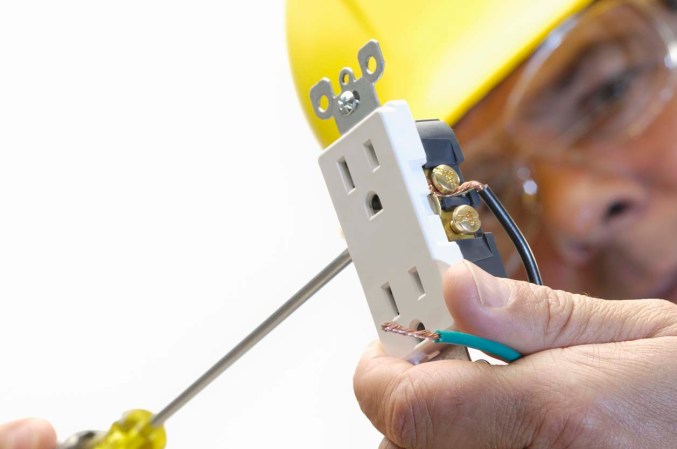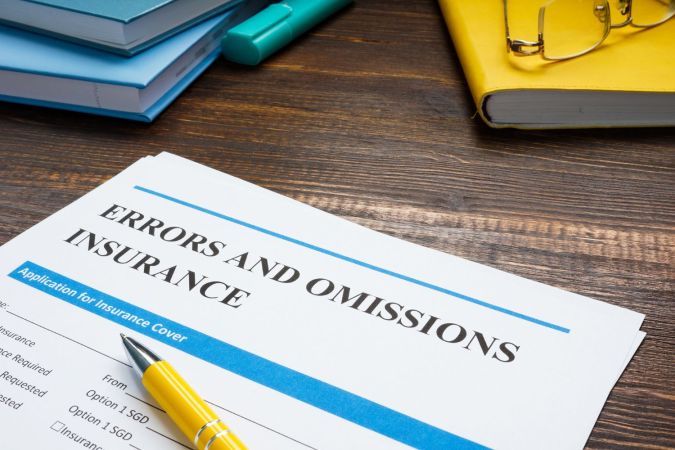We may earn revenue from the products available on this page and participate in affiliate programs. Learn More ›
For entrepreneurs in the Sunshine State, applying for a business license is one of the first and most important steps to starting a business. Not all Florida business ventures require a statewide license; however, for those that do, it’s critical for the owner to understand and adhere to state licensing obligations. Complying with state and local regulations and providing proof of one’s business license is often a prerequisite for certain business activities such as opening a business bank account or applying for funding.
Entrepreneurs will need to learn when Florida business licenses are necessary and the steps for how to get a business license in Florida. Both are key to successfully launching and maintaining a business in the Sunshine State.
Is a business license required in Florida?
Unlike some other states, Florida requires only certain types of businesses to obtain a state-level license, such as those that expose customers to hazards or require extensive training to operate. However, at the local level, business owners will need a Florida Business Tax Receipt (BTR)— also known as a general business license—which is required for most businesses operating within a specific city and/or county and serves as proof of payment for their local business taxes.
The requirement for a BTR varies by county and city. Miami, for example, requires both city and county licenses to operate within its limits. Some businesses may also need additional types of business licenses or permits specific to their industry or business activities. Therefore, before a prospective business owner in Florida seeks a general business license, the most important aspect is to identify the specific requirements set by the local municipality, according to Medhi Khachani, CEO of Miami Beach-based real estate company JMK Miami Property Management.
“In Florida, the process is typically managed at the county or city level, and it is essential to understand and adhere to the regulations applicable to your specific location, industry, and business structure,” Khachani explains.
Tips for Getting a Business License in Florida
- Entrepreneurs will want to thoroughly research local and state regulations to understand the specific business licensing requirements for their business type in Florida.
- Business owners will need to gather all necessary documentation, such as proof of business name, personal identification, and financial statements, before beginning the application process.
Entrepreneurs may want to consult with a legal or business professional to navigate complex licensing procedures and ensure compliance with all Florida business laws.
Documents Needed to Get a Business License in Florida
Before applying for a business license in Florida, a business owner will need to gather certain documents and materials to ensure their application process is smooth. The required documentation can vary based on the type of business and the specific license an entrepreneur needs, but in general, the following materials are mandatory.
- Business registration certificate: This document provides proof that a business is registered and authorized to do business in the state of Florida. For business owners operating under anything other than their legal given name, a “Doing Business As” registration may also be required before applying for a business license.
- Federal employer identification number (EIN): Issued by the IRS, this number is necessary for businesses with employees or those operating as corporations or partnerships.
- State tax identification number: This number is required for businesses collecting sales tax or those that have employees.
- Articles of incorporation or organization: For corporations or limited liability companies (LLCs), these documents officially register the business with the state.
- Applicable local permits: Permits such as those for health and safety, environmental resources, and zoning/land use may be required depending on one’s jurisdiction in Florida.
- Proof of insurance: A business owner may need liability insurance, workers’ compensation, or other types of coverage from one of the best small-business insurance companies (such as NEXT or Thimble) depending on the type of business they operate.
- Business plan: This document outlines the business’s structure, products or services, and financial projections.
- Personal identification and address verification: Anyone listed on a business license application may need to provide proof of identification, such as a driver’s license or passport, as well as proof of a Florida address.
Entrepreneurs will need to confirm the specific requirements for their business type with Florida state departments and/or local authorities before submitting their business application.

STEP 1: Name your business and form an LLC, if desired.
When starting a business, one of the first things for an entrepreneur to check off their to-do list is choosing a name and determining what business structure to operate under. Choosing a unique and meaningful name not only gives a business its identity but also plays a pivotal role in branding and marketing. Business owners will want to check the availability of the chosen business name through the Florida Division of Corporations to ensure it’s not already in use.
Once the name is finalized and reserved, the formal process of forming an LLC, which involves filing articles of organization and adhering to state-specific requirements, can be initiated. There are several benefits to forming an LLC, including personal asset protection, the flexibility to split profits however the LLC members see fit, and the flexibility to choose how taxes are paid.
It’s advisable to consult with one of the best LLC services (such as LegalZoom or Northwest Registered Agent) to ensure this process is completed correctly, efficiently, and in compliance with Florida state regulations. These types of LLC registering services will walk entrepreneurs through the LLC requirements and ensure all the necessary paperwork is completed on a client’s behalf.
STEP 2: Check with your local municipality to determine what types of business licenses are required.
Florida business owners will want to speak with their local municipal offices to learn about the specific types of business licenses and permits required for their operations. Since licensing requirements can vary depending on the city or county, understanding these local stipulations is crucial. Talking to local authorities can help business owners determine whether additional permits, such as zoning, health and safety, or environmental permits, are necessary based on the type of business and its location.
In addition to exploring local licensing requirements, an entrepreneur will also want to find out whether a statewide license or certification is required. Florida mandates specific licenses and certifications for businesses that involve potential hazards to customers or require specialized training (e.g., engineers, interior designers, various construction trades, real estate brokers, security services, medical professionals, barbers, cosmetologists, and accountants).
New business owners operating in one of these fields will generally need to apply for a license from one of three Florida state agencies:
- The Department of Business and Professional Regulation oversees licensing for the real estate profession and construction industry, as well as for alcohol and tobacco businesses.
- The Department of Agriculture and Consumer Services handles licenses related to the agricultural sector, oil and gas, gambling, private investigations, security services, and food-related industries.
- The Department of Health regulates healthcare–related institutions and professions, including fields such as athletic training, dietetics, and massage therapy.
Entrepreneurs will need to understand and comply with these state-level requirements for legal operation and professional credibility in these fields.
When Khachani went through the process of registering his business in Florida, he found that thorough research and clear communication with local authorities were fundamental.
“In the real estate management sector, specific licenses related to property management or real estate services [are] necessary,” he says. “Understanding the unique requirements for my business, such as zoning regulations and industry-specific permits, allowed for a smoother registration process.”

STEP 3: Gather the required information and documentation needed to apply for the applicable licenses.
Once an entrepreneur understands which licenses are required for their specific business, they will want to compile a list of all required documents and information to apply for those licenses. This typically includes personal identification, proof of business name registration, financial statements, and any relevant professional qualifications. For industry-specific licenses, additional documentation such as environmental permits, health and safety certifications, or proof of specialized training may be required. Organizing these materials in advance not only expedites the application process but also minimizes the likelihood of delays due to incomplete or incorrect submissions.
STEP 4: Fill out the application and pay any necessary fees.
Once all the required information and documentation are gathered, it’s time for the business owner to complete the application forms for the license. These forms are often available online through respective state or local government websites and must be filled out accurately and thoroughly. By paying attention to detail, entrepreneurs can avoid errors that could otherwise lead to delays or rejections. After completing the application, the entrepreneur must submit it along with the payment of any applicable fees, which vary depending on the type of license and the jurisdiction. The prompt payment of applicable fees is typically a prerequisite for processing the application.
STEP 5: Receive your business license and display it in your place of business, if needed.
After the application is processed and approved, the entrepreneur will receive their business license in the mail or electronically. This document serves as official authorization to operate the business under the stipulated conditions. In many cases, especially in customer-facing industries, it’s a legal requirement to display the license prominently in the establishment. Displaying the license complies with regulatory mandates and also showcases the business’s adherence to legal and professional standards, which can instill confidence in customers.
STEP 6: Renew your business licenses annually or as required by federal, state, or local government.
Regular renewal of a Florida business license is not just a formality; it’s an essential compliance measure that keeps the business aligned with current laws and regulations. The frequency and specifics of renewal can vary—some licenses may need to be renewed every year, while others might have different timelines based on the jurisdiction or the type of business.
“It is crucial to keep track of renewal dates and ensure compliance with any updated regulations,” says Khachani. “Regularly reviewing the specific renewal requirements for your business type and location will help in avoiding any disruptions to your operations.”
Understanding the process of getting a business license and keeping it current lays a foundation for long-term success for those starting a small business in Florida. Carefully following each step, from identifying the type of license needed to the final display of the license on the business premises, will help Sunshine State entrepreneurs run a legally compliant and trustworthy business.









